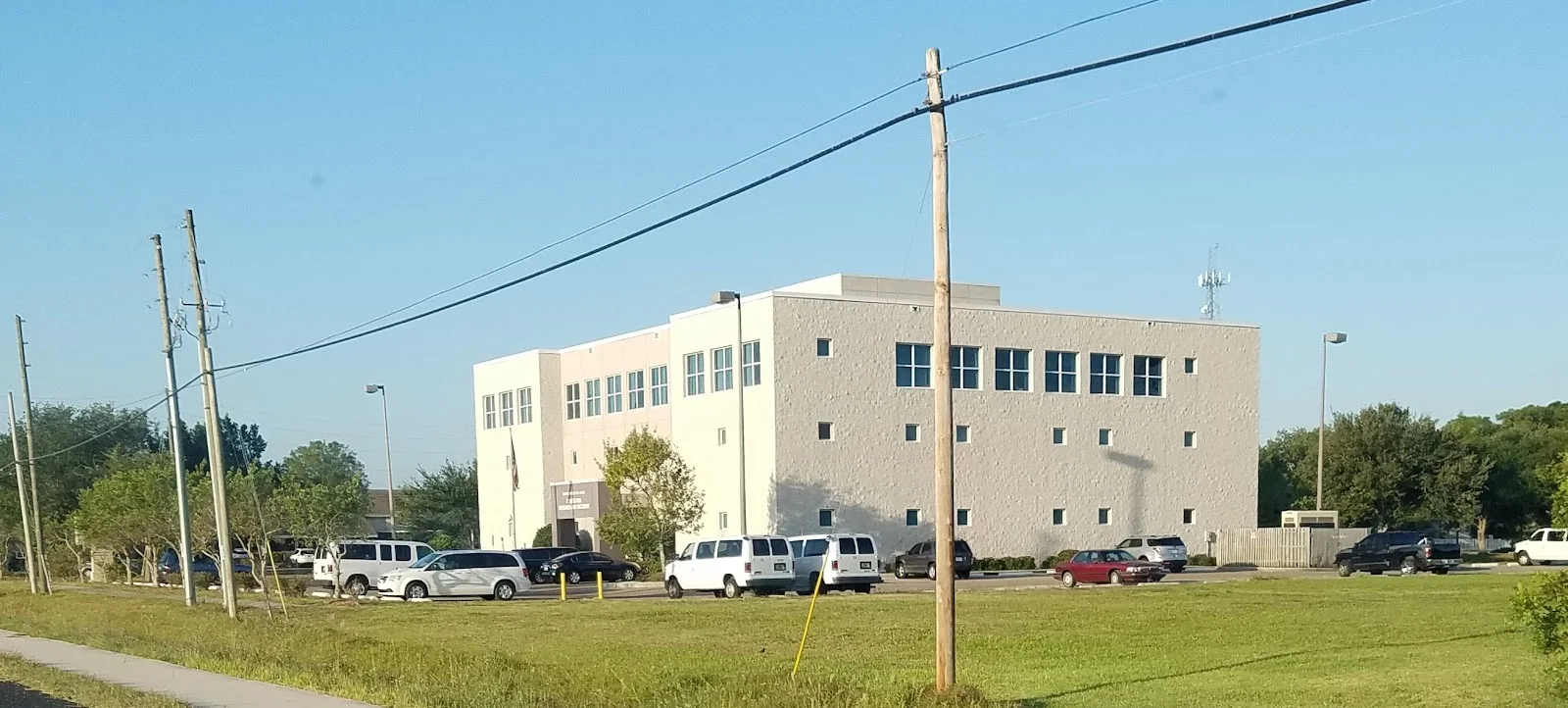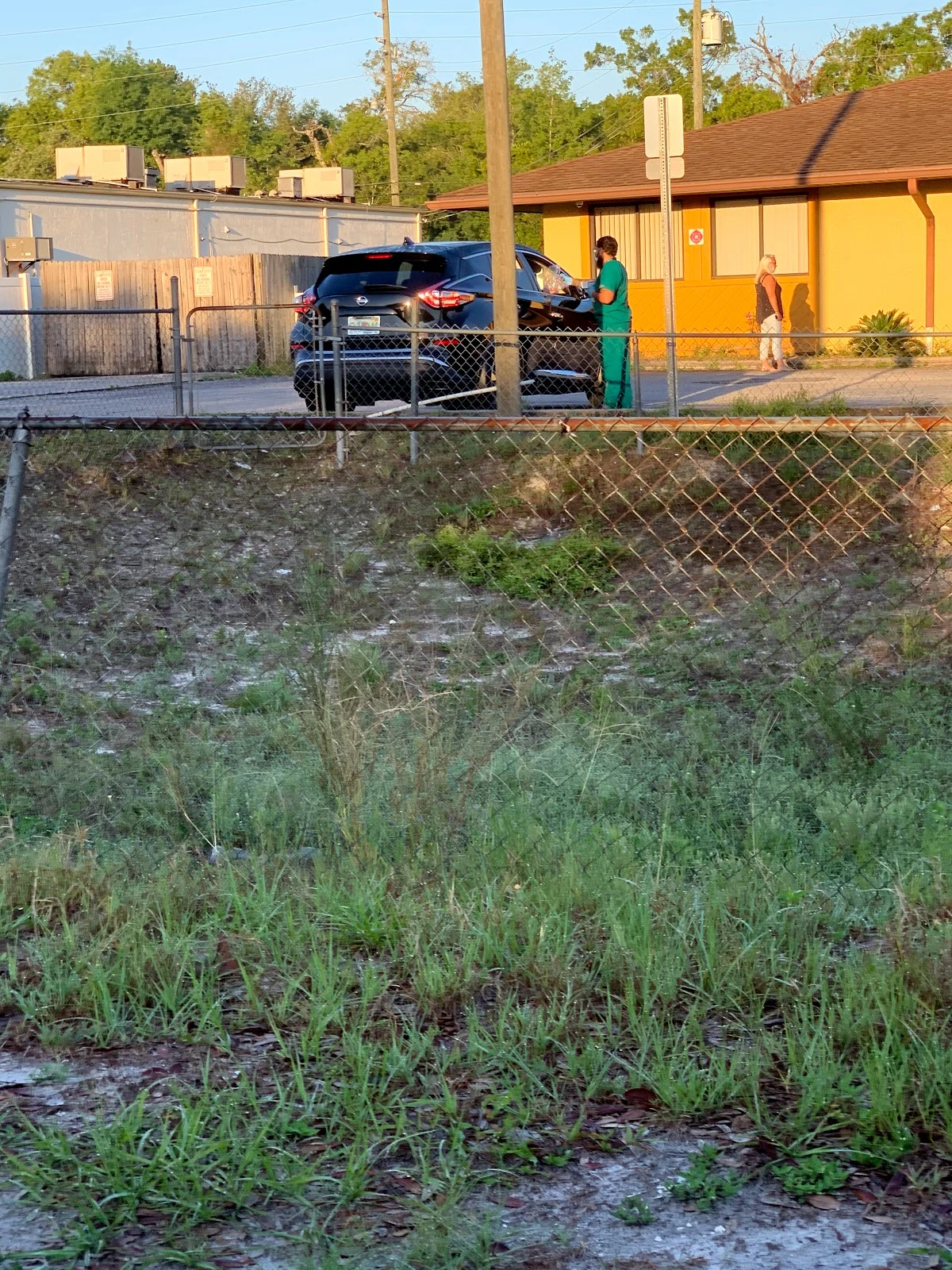Operation PAR Information
Treatment
Who We Treat
- Male and Female
- Pregnant/Postpartum Women
- Pregnant Women
Treatment Focus
- Drug Addiction
- Opioids
- Alcohol
Approaches
- 12-Step-Based
- Individual Treatment
- Evidence-Based
- Medical
- Twelve Step
- Family Therapy
- Group Therapy
- 1-on-1 Counseling
- Medication-Assisted Treatment (MAT)
- Online Therapy
- Life Skills Training
- Relapse Prevention Counseling
Conditions We Treat
- Anxiety
- Co-Occurring Disorders
Substances We Treat
- Alcohol
- Prescription Drugs
- Heroin
- Opioids
- Synthetic Stimulants (Bath Salts)
- Synthetic Drugs
Languages
- English
- Spanish
Aftercare
- Relapse Prevention Planning
- Outpatient Treatment
- Drug Screening
- Housing Services
- Continuing Care
- Housing Support
Level of Care
- Outpatient
- Virtual & In-Home Care
- Co-Occurring Mental Health
- Aftercare/Continuing Care
Experience
Personal Amenities
- Air-Conditioned Rooms
Smoking and Vaping Policy
- Smoking Allowed in Designated Areas
- Vaping Allowed in Designated Areas
Accreditations
-
State department of health
Government agencies issue State Licenses, which grant rehabilitation organizations permission to conduct their operations lawfully within specific geographic regions. Licenses needed to operate are typically determined by the type of rehabilitation program offered by the facility and its physical location.

-
Commission on Accreditation of Rehabilitation Facilities (CARF)
CARF accreditation is a globally recognized certification for rehabilitation and human service organizations. It signifies that an organization meets high-quality standards and is committed to providing top-level care. Achieving CARF accreditation involves a rigorous evaluation process, including on-site surveys. This accreditation enhances an organization's reputation, instills trust in clients and funders, and encourages ongoing excellence in the field.

-
SAMHSA certification for opioid treatment program (OTP)
SAMHSA's Opioid Treatment Programs (OTP) Accreditation is a rigorous recognition process, signaling an OTP's commitment to high-quality care for those with opioid use disorders. It assures patients, families, and the community that the program adheres to evidence-based practices, maintains a safe environment, and employs qualified staff. This accreditation represents a commitment to addressing the opioid epidemic and promoting recovery, symbolizing quality and accountability in opioid addiction treatment.
Additional Locations
Operation PAR Accepts The Following Insurance Plans
Find the best treatment options. Call our free and confidential helpline today!







